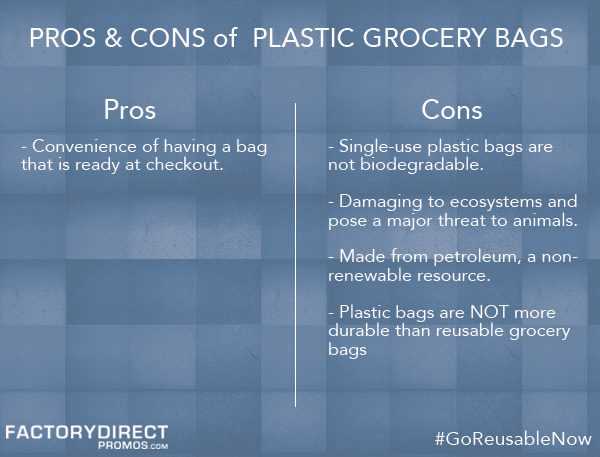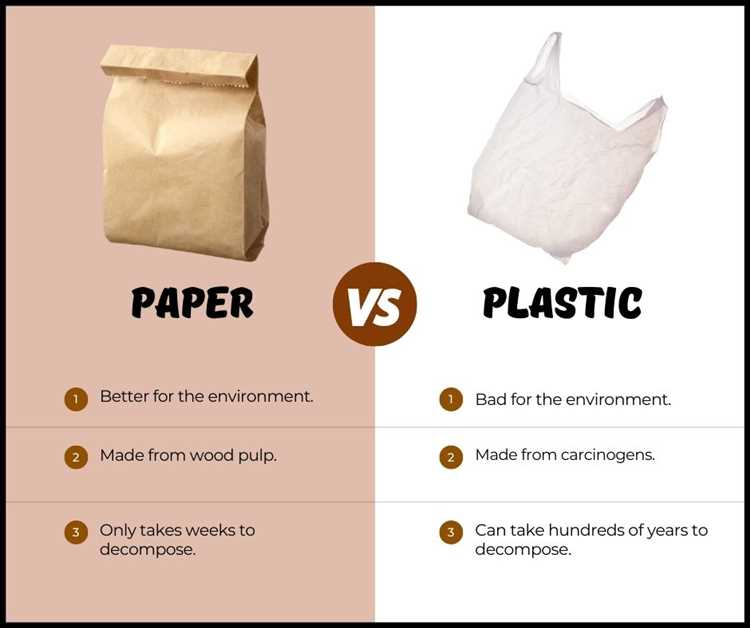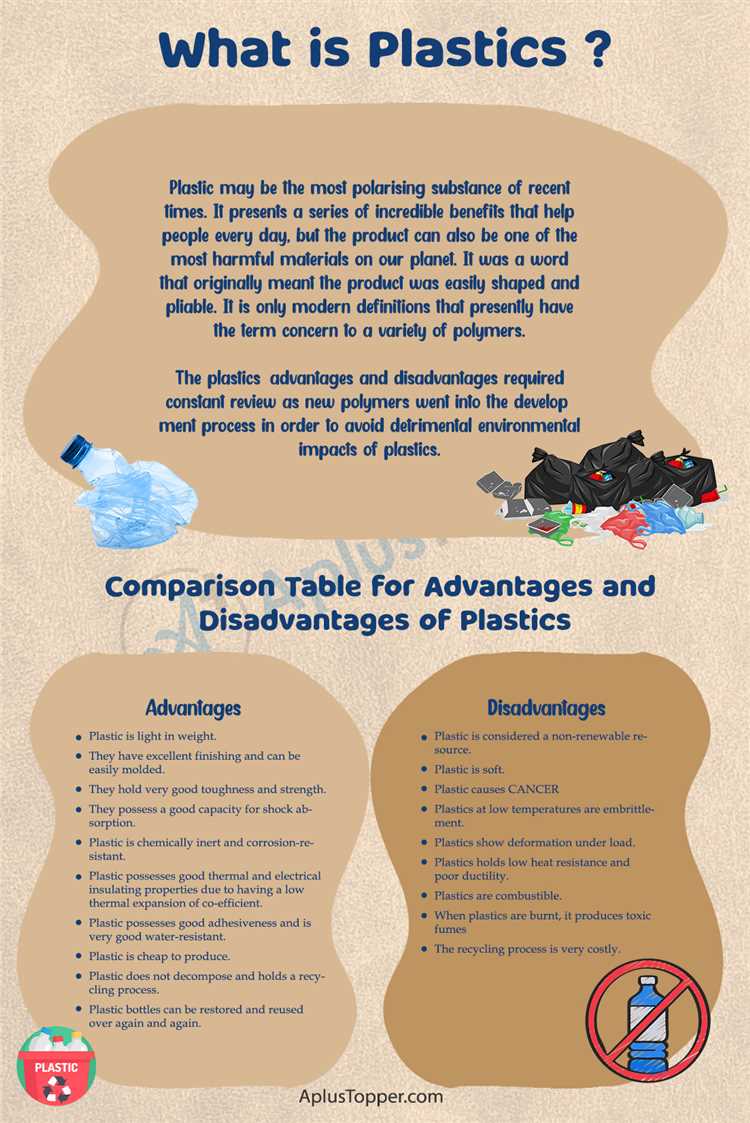
In recent years, there has been a growing debate regarding the use of plastic bags. While many argue that plastic bags are harmful to the environment and should be banned, others believe that they offer numerous advantages. It is important to consider both sides of the argument before forming an opinion.
One of the key advantages of plastic bags is their convenience. Plastic bags are lightweight, durable, and easy to carry, making them ideal for transporting groceries, clothing, and other goods. Unlike paper bags, they are also water-resistant and less likely to tear, ensuring that items are protected from rain or accidental spills.
Another advantage of plastic bags is their affordability. Plastic bags are considerably cheaper to produce than their paper or cloth counterparts, which makes them more accessible to both businesses and consumers. This affordability translates into cost savings for retailers, who can then pass those savings on to their customers. In a society where every penny counts, plastic bags offer a practical and cost-effective packaging solution.
Furthermore, plastic bags have a smaller carbon footprint compared to other types of bags. Due to their lightweight nature, plastic bags require less energy to produce and transport. They also take up less space in landfills, reducing the strain on our waste management systems. Additionally, plastic bags can be recycled and repurposed into new products, further minimizing their environmental impact.
While plastic bags undoubtedly have their advantages, it is crucial to address their potential negative consequences. The improper disposal of plastic bags can contribute to pollution, particularly in marine environments. To mitigate this issue, efforts should be made to promote responsible disposal methods and increase recycling initiatives. By doing so, we can maximize the benefits of plastic bags while minimizing their environmental impact.
- Durability and Strength
- Lightweight and Easy to Carry
- Versatility and Usage
- Convenience in Transportation
- Durability and Strength
- Cost-Effectiveness
- Recyclability and Reusability
- Environmental Impact
- Reduction of Waste and Environmental Impact
- Reduced energy consumption
- Prevention of food waste
- Q&A:
- Are plastic bags really harmful to the environment?
- Do plastic bags have any advantages?
- What are some alternatives to plastic bags?
- How can I dispose of plastic bags properly?
- Are there any campaigns or initiatives to reduce the use of plastic bags?
Durability and Strength
One of the main advantages of plastic bags is their durability and strength. Unlike paper bags, which can easily tear or rip, plastic bags are designed to withstand a lot of wear and tear. This makes them much more reliable for carrying heavy or bulky items, such as groceries or shopping items.
Plastic bags are made from a strong and flexible material called polyethylene, which is resistant to punctures and tears. This means that you don’t have to worry about your bag breaking and spilling its contents everywhere. Plastic bags are also water-resistant, making them a great option for carrying items in rainy or wet conditions.
Another benefit of plastic bags’ durability and strength is their reusability. Unlike paper bags, which often tear after just a few uses, plastic bags can be used multiple times before they need to be replaced. This makes them a more sustainable option for carrying items and helps reduce the amount of waste generated.
Overall, the durability and strength of plastic bags make them a practical and reliable choice for carrying a wide variety of items. Their ability to withstand wear and tear, as well as their reusability, make them a convenient and environmentally-friendly option for consumers.
Lightweight and Easy to Carry
One of the advantages of plastic bags is their lightweight construction. Unlike other types of bags that are made from heavier materials like cloth or paper, plastic bags are much lighter and easier to carry. This makes them a preferred choice for many people, especially when it comes to shopping or carrying items for a long period of time.
The lightweight nature of plastic bags also makes them convenient for transportation and storage. They take up less space compared to bulkier bags and can be easily folded or rolled up when not in use. This makes them ideal for taking on-the-go, whether it’s for a quick trip to the grocery store or a weekend getaway.
Additionally, the lightweight design of plastic bags makes them more practical for individuals with physical limitations or disabilities. They are easier to hold and manipulate, requiring less strength and effort to carry. This accessibility factor is important for ensuring that everyone has equal access to carrying their belongings comfortably and independently.
In conclusion, the lightweight and easy-to-carry nature of plastic bags provides several advantages. They are convenient for transportation and storage, making them ideal for everyday use. Additionally, their lightweight design makes them more accessible for individuals with physical limitations. Overall, plastic bags offer a practical and convenient solution for carrying items.
Versatility and Usage
Plastic bags are known for their versatility and wide range of usage in various industries. From grocery stores to fashion retailers, plastic bags are widely used for packaging and carrying different products.
Convenience in Transportation

One of the primary advantages of plastic bags is their lightweight nature. Plastic bags are easy to carry and do not add significant weight to the load. This makes them convenient for transportation, whether it is for personal use or for businesses.
Durability and Strength
Plastic bags are designed to be durable and strong, allowing them to carry a variety of items without tearing or breaking. They can hold both lightweight and heavy products, making them suitable for everyday use. The strength of plastic bags also ensures the safety of the items inside, providing peace of mind to consumers.
| Industry | Usage of Plastic Bags |
|---|---|
| Retail | Plastic bags are commonly used by retailers to package and carry purchased items for customers. |
| Grocery | Plastic bags are widely used in grocery stores to pack goods, such as fruits, vegetables, and other products. |
| Pharmaceutical | Plastic bags play a crucial role in the pharmaceutical industry for packaging medicines, ensuring their safety and protection. |
| Food Service | Plastic bags are commonly used in the food service industry, providing a hygienic and practical way to carry takeout meals. |
In addition to the industries mentioned above, plastic bags find usage in many other sectors, including agriculture, manufacturing, and e-commerce. Their versatility makes them a preferred choice for various applications.
However, it is essential to use plastic bags responsibly and adopt recycling practices to minimize their environmental impact.
Cost-Effectiveness

Plastic bags are known for their cost-effectiveness, making them a popular choice among both consumers and retailers. They are incredibly inexpensive to produce, especially when compared to other types of bags like paper or cloth. This low production cost allows retailers to offer plastic bags to their customers for free or at a minimal cost.
In addition to their low production cost, plastic bags are also lightweight and compact. This makes them cheaper to transport and store than bulkier alternatives like paper bags. The lightweight nature of plastic bags also means that retailers can fit more bags in a smaller space, which helps to reduce storage costs.
Furthermore, plastic bags are long-lasting and durable. They can be reused multiple times, which enhances their cost-effectiveness. Many consumers use plastic bags as trash can liners or for other household purposes, which eliminates the need to purchase additional bags.
Overall, the cost-effectiveness of plastic bags is a significant advantage that has contributed to their widespread use. Their low production cost, lightweight nature, and durability make them an affordable and practical choice for both consumers and retailers.
Recyclability and Reusability
One of the notable advantages of plastic bags is their recyclability and reusability. Unlike other types of bags, plastic bags can be easily recycled and used again, reducing their impact on the environment.
Plastic bags can be recycled into several other useful products, such as new bags, plastic lumber, and even clothing materials. This process helps to conserve resources and reduce the amount of plastic waste that ends up in landfills or oceans.
Furthermore, plastic bags are highly reusable, which makes them a cost-effective option for both consumers and businesses. They can be used multiple times for various purposes, such as carrying groceries, storing items, or organizing belongings.
Environmental Impact

The recyclability and reusability of plastic bags also have positive environmental impacts. By recycling and reusing plastic bags, the overall demand for new bags is reduced, which leads to a decrease in energy consumption and greenhouse gas emissions associated with their production.
Moreover, plastic bags can help reduce the use of other types of bags made from non-renewable resources, such as paper or cotton. Producing these alternatives requires more energy and resources, making plastic bags a more environmentally friendly choice in certain circumstances.
However, it is important to note that proper disposal and recycling practices should be followed to fully maximize the recyclability and reusability of plastic bags. Consumers and businesses should ensure that plastic bags are sent to recycling facilities or reused efficiently to minimize their environmental impact.
Reduction of Waste and Environmental Impact
Plastic bags have been under heavy scrutiny for their negative impact on the environment. However, it is important to note that plastic bags can actually help reduce waste and minimize environmental harm when managed properly.
Firstly, plastic bags are lightweight and take up less space compared to other types of packaging, such as cardboard boxes. This means that more items can be transported and stored efficiently, resulting in less overall waste generated. Additionally, plastic bags are durable and can be reused multiple times, further extending their lifespan and reducing waste.
Another benefit of plastic bags is their recyclability. Many plastic bags can be recycled into new products, such as plastic lumber or even new plastic bags. This recycling process helps to divert plastic waste from landfills and reduces the need for new raw materials to be extracted.
Reduced energy consumption
Plastic bags also contribute to the reduction of energy consumption and greenhouse gas emissions compared to alternative packaging options. The lightweight nature of plastic bags means that less fuel is required to transport them, leading to lower carbon emissions.
Furthermore, the production of plastic bags requires less energy compared to the production of paper or cloth bags. This energy efficiency translates to a smaller carbon footprint and a reduced impact on the environment.
Prevention of food waste
Plastic bags play a crucial role in preventing food waste. The use of plastic bags, particularly in the food industry, helps to extend the shelf life of perishable items by protecting them from moisture, air, and contaminants. This preservation ensures that less food goes to waste, reducing overall environmental impact.
In conclusion, plastic bags, when properly managed and recycled, can contribute to the reduction of waste and have a positive impact on the environment. Their lightweight nature, recyclability, energy efficiency, and ability to prevent food waste are significant advantages that should be considered alongside their potential drawbacks.
Q&A:
Are plastic bags really harmful to the environment?
Yes, plastic bags are harmful to the environment. They take hundreds of years to decompose and often end up in oceans and landfills, causing pollution and harm to wildlife. Additionally, the production of plastic bags contributes to the depletion of natural resources and the release of greenhouse gases.
Do plastic bags have any advantages?
Yes, plastic bags have certain advantages. They are lightweight, durable, and waterproof, which makes them convenient for carrying groceries and other items. Plastic bags are also cheaper to produce compared to other types of bags. However, their advantages are outweighed by the negative impact they have on the environment.
What are some alternatives to plastic bags?
There are several alternatives to plastic bags that are more eco-friendly. These include reusable cloth bags, paper bags, and biodegradable bags made from materials such as cornstarch or hemp. Using these alternatives helps reduce plastic waste and its harmful effects on the environment.
How can I dispose of plastic bags properly?
To properly dispose of plastic bags, you can recycle them. Many grocery stores and recycling centers have designated bins for plastic bag recycling. It’s important to make sure the bags are clean and dry before recycling. Another option is to reuse the bags multiple times before disposing of them.
Are there any campaigns or initiatives to reduce the use of plastic bags?
Yes, there are several campaigns and initiatives aimed at reducing the use of plastic bags. These include government policies and regulations, as well as grassroots movements encouraging individuals to switch to reusable bags. Some countries have even implemented bans or taxes on plastic bags to promote more sustainable alternatives.